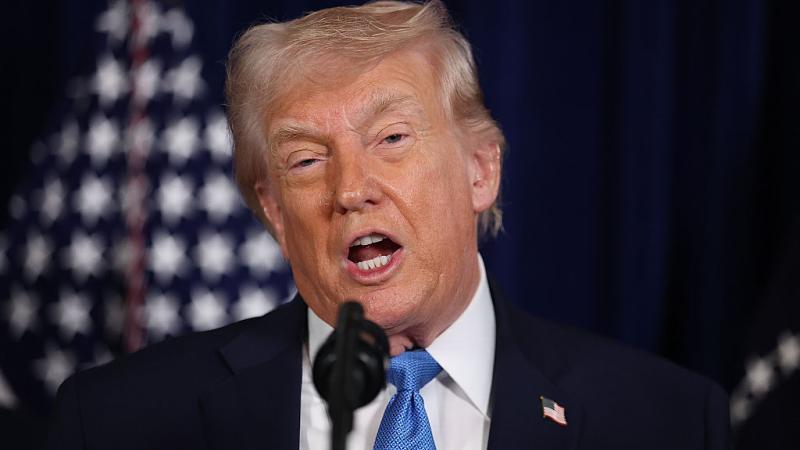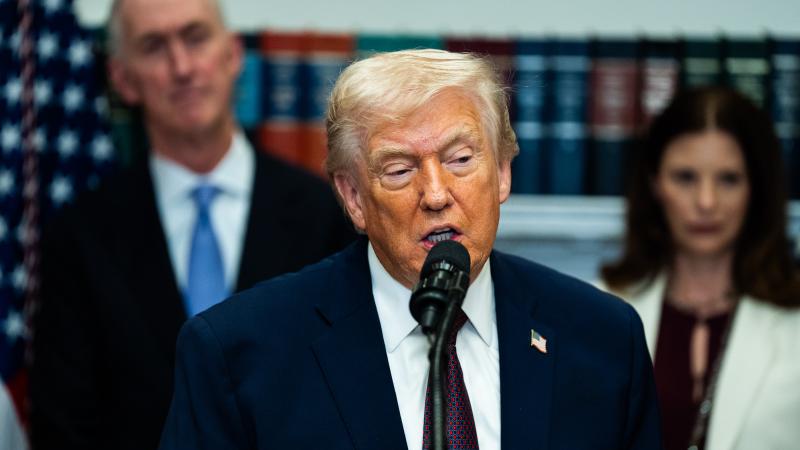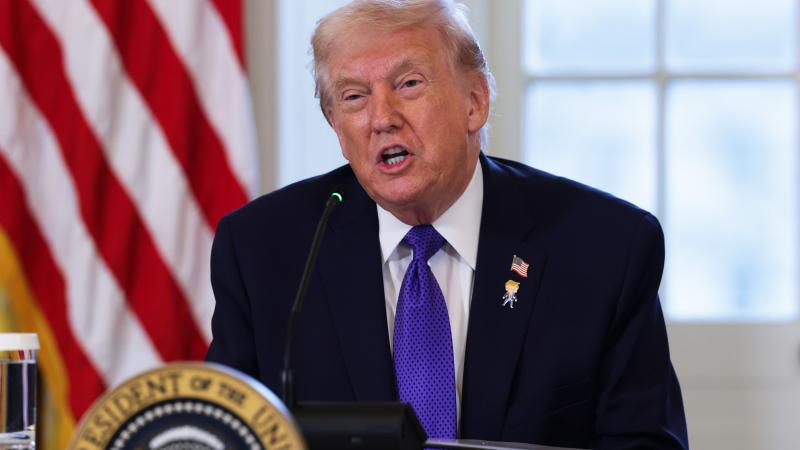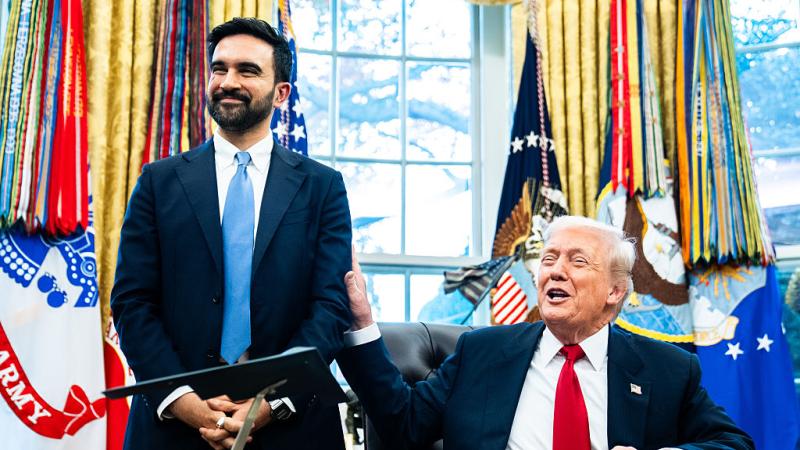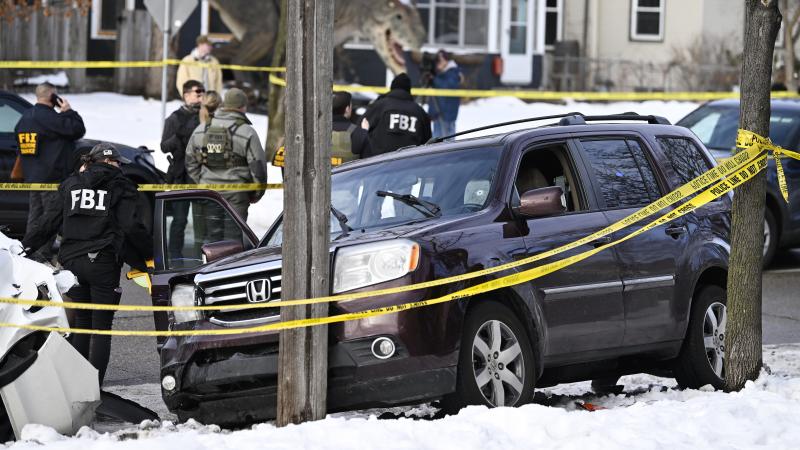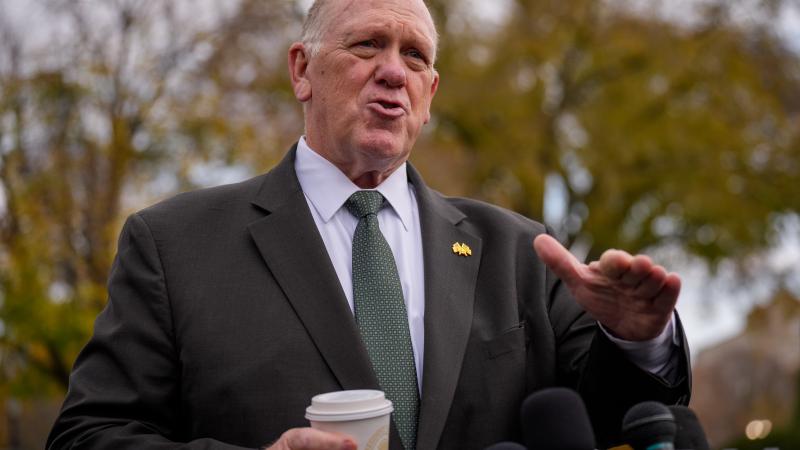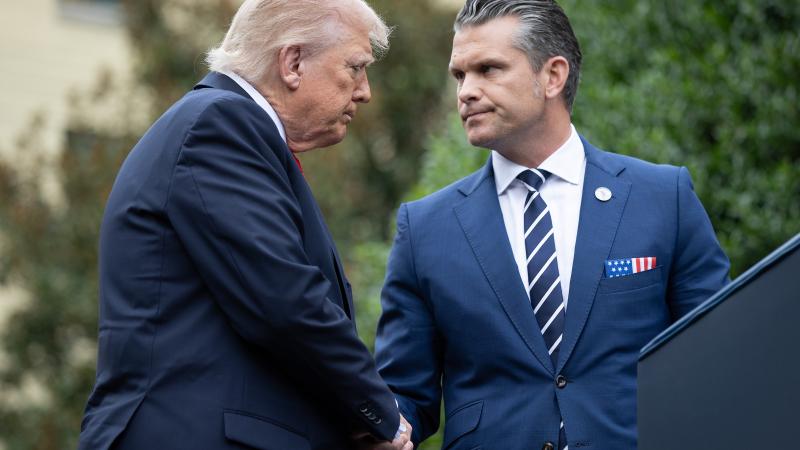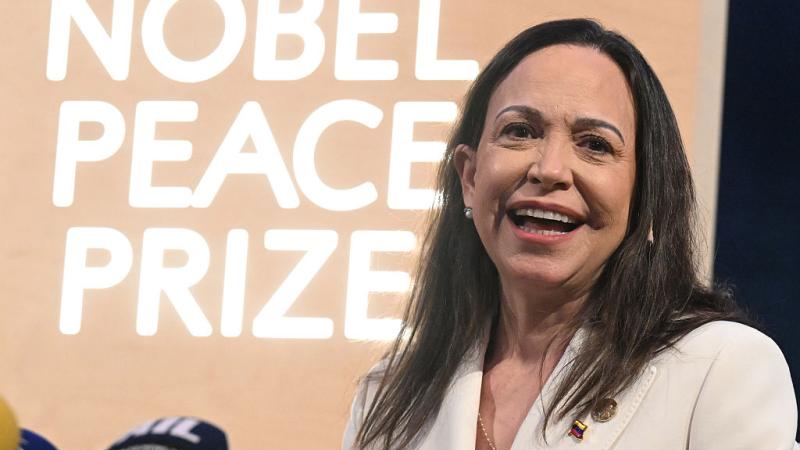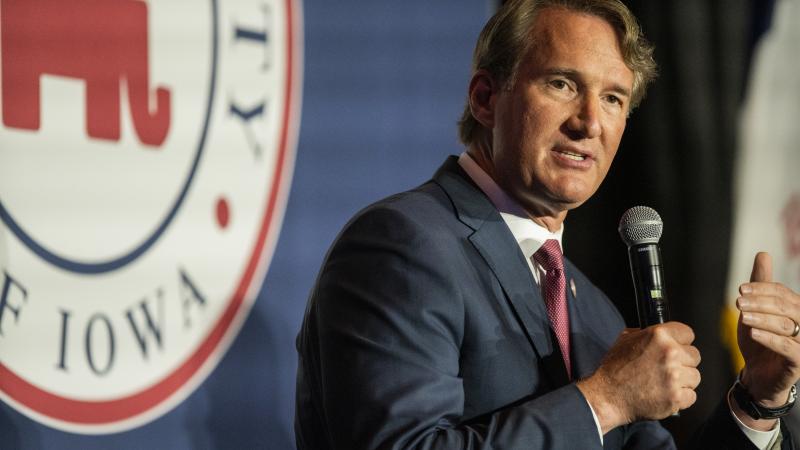Trump White House led historic drop in opioid deaths, now fighting COVID-related overdose rise
"The coronavirus pandemic has increased feelings of loneliness and sadness," Melania Trump said Thursday at a White House roundtable marking National Recovery Month. "For vulnerable populations, it has also increased the risk of substance abuse."
Before the onslaught of the coronavirus pandemic, the Trump White House presided over an historic drop in opioid-related deaths. However, the administration is now fighting a rise in drug overdoses stemming from mental health problems tied to COVID-19.
Americans disturbed by the ongoing, widespread shutdown due to the coronavirus say politicians ordering social isolation to slow the spread of COVID-19 must also weigh the effects of mental illness triggered by the closures.
Last year, the Centers for Disease Control and Prevention reported that drug overdose deaths in the United States fell for the first time since 1990, dropping from a little over 70,000 deaths in 2017 to 68,557 in 2018.
"More than 40 states have reported increases in opioid-related mortality as well as ongoing concerns for those with a mental illness or substance use disorder in counties and other areas within the state," the American Medical Association noted last month. "This also includes new reports about the need for evidence-based harm reduction services, including sterile needle and syringe services and [overdose prevention medication] naloxone."
The Substance Abuse and Mental Health Services Administration (SAMHSA) at the Department of Health and Human Services designated September as National Recovery Month.
"The coronavirus pandemic has increased feelings of loneliness and sadness," first lady Melania Trump said Thursday at the White House during a roundtable marking the start of Recovery Month. "For vulnerable populations, it has also increased the risk of substance abuse. But the American people are strong and always set up to help one another in times of need. My husband and this Administration are also committed to making sure no one is left behind, and forgotten men and women are forgotten no more."
At the same event, National Economic Council Director Larry Kudlow shared his poignant, personal struggle along the path of recovery and toward recovery from addiction to drugs and alcohol. Kudlow said this year marked his 25th year of sobriety.
"No human power could restore me to sanity," Kudlow said. "But I learned, finally, that God could and would — if I sought Him.”
Also participating in the roundtable was Surgeon General Jerome Adams, who described how "gainful employment is an important part of getting and staying healthy."
Adams said fears of COVID-19 shouldn't deter police from administering naloxone to opioid overdose patients whom they encounter in an emergency situation. Adams demonstrated for the first lady how to use the intranasal form in a small bottle with just one spray.
"That is how easy it is to save a life," he said.
Adams encouraged those suffering from addiction to share their stories to reduce the stigma that leaves many people suffering in silence.
"It is a disease and not a moral failure," Adams said. "Stigma is and continues to be one of our biggest killers."
On Thursday, the first lady also encouraged more employers to eliminate stigma around addiction by creating work environments and hiring procedures that give recovering addicts another chance at stabilizing.
"[I]n my time as first lady, I have traveled to hospitals and rehabilitation centers around the county and have seen the devastating results of drug abuse and addiction," she said. "I have learned that addiction and drug abuse are universal issues that do not discriminate based on income, age, race, or wherever you live. I believe that promoting education and awareness on this issue is critical to overcoming this terrible trend, which is why I am joining you here today."

